“If you have not used it in the last year, it probably belongs in the trash!”
― Steven Magee
Owning a lot of possessions can sometimes become overwhelming, leading to clutter and disorganization in your life. Maybe today is the day for you to realize it’s time to begin to declutter and simplify your life.
The following piece will provide you with 10 signs you own too much stuff, helping you pinpoint areas in your life where you can make changes to reduce stress and live more efficiently. By the end, you’ll be prepared to tackle your excess belongings head-on and create a more organized and peaceful living environment.

The Cluttered Home
Have you ever found yourself struggling to find something in your own home? Do you feel like there’s just too much stuff around you and you can’t seem to keep it organized? If so, you may be dealing with a cluttered home.
Overflowing Closets
One of the first signs of a cluttered home is overflowing closets. When you have more clothes than you can fit in your closet, it’s time to start decluttering. You may find items you haven’t worn in years, old shoes that need to be thrown away, or clothes that no longer fit. Getting rid of these items can help make space for the clothes you actually wear.
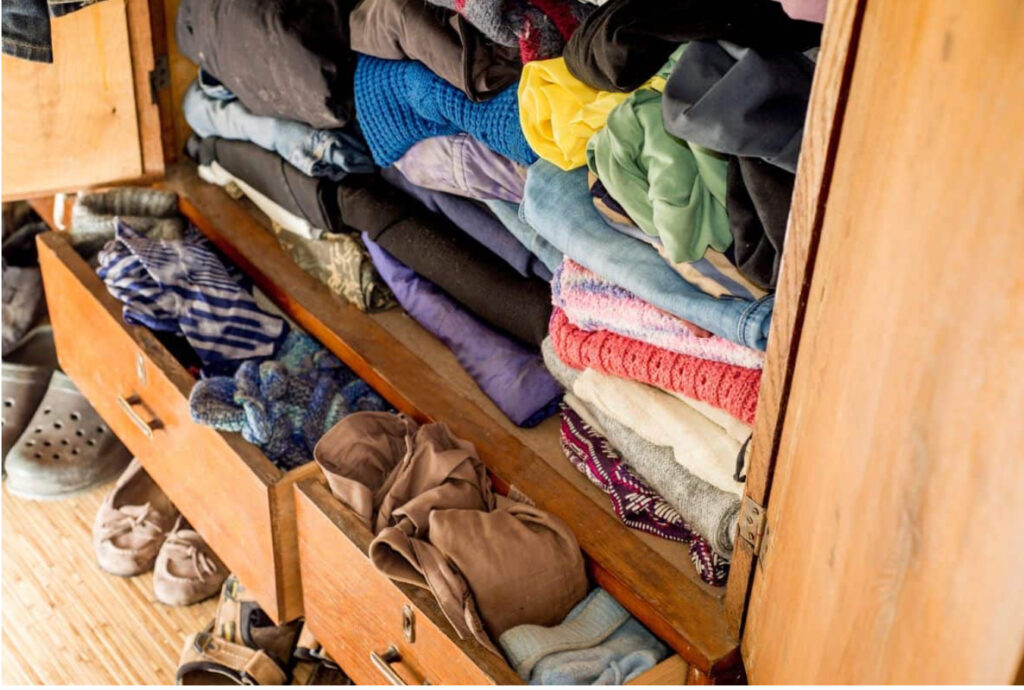
Packed Drawers
Another sign of a cluttered home is packed drawers. When your drawers are so full that you can’t close them properly, it’s time to start decluttering. You may find items that you forgot you even had, or items that you’ve been holding onto for sentimental reasons. Getting rid of these items can help make space for the items you actually use.
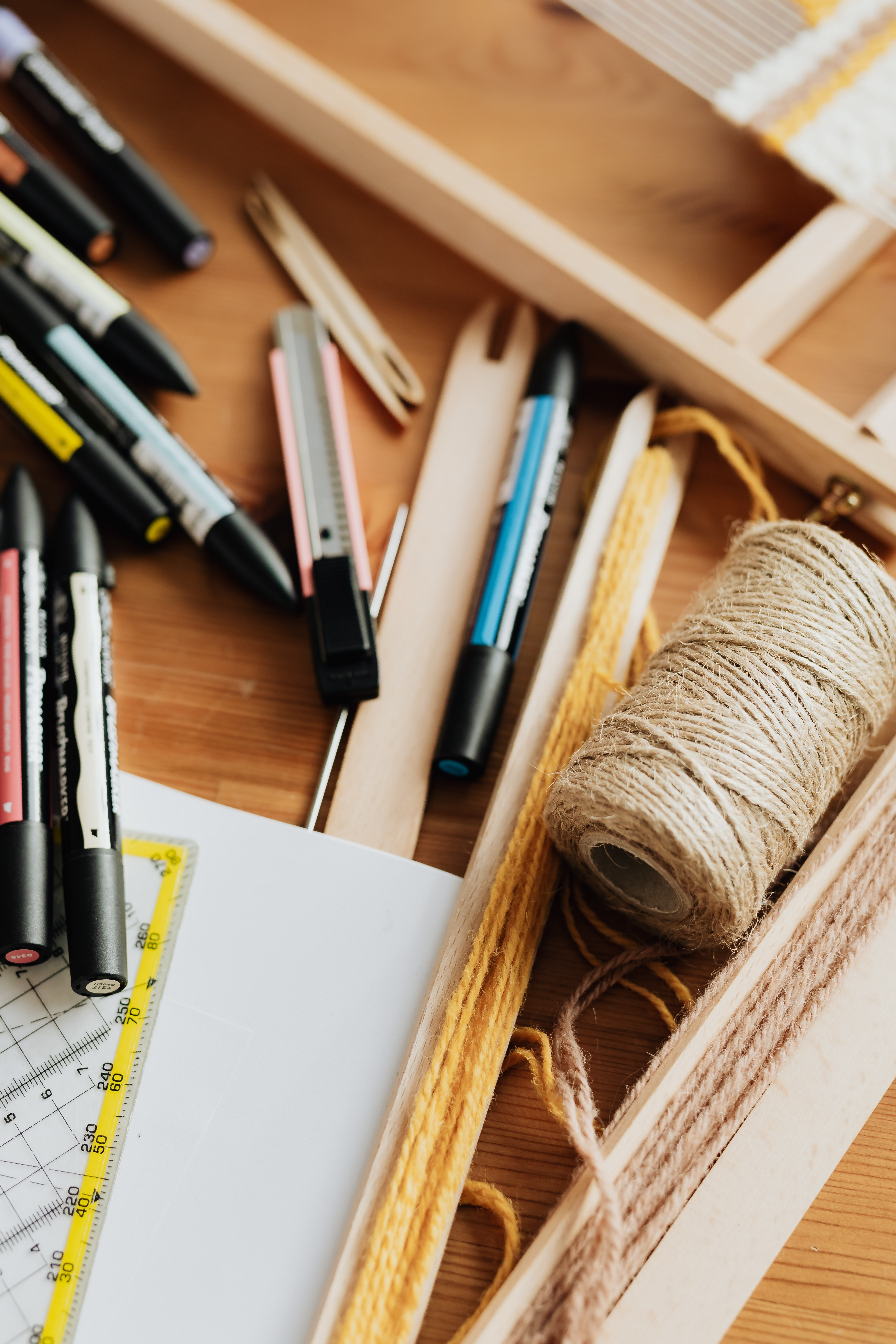
“I decided to break the trend of accumulating stuff sooner rather than later. I moved to smaller homes ahead of my need. I downsized before I was forced to do so.”
― Lisa J. Shultz
Stacks of Paperwork
Do you have stacks of paperwork taking up valuable desk space? If so, you need to declutter and organize them and train yourself to touch a piece of paper one time, from start to finish. If you do this, you’ll never have another stack of paper.
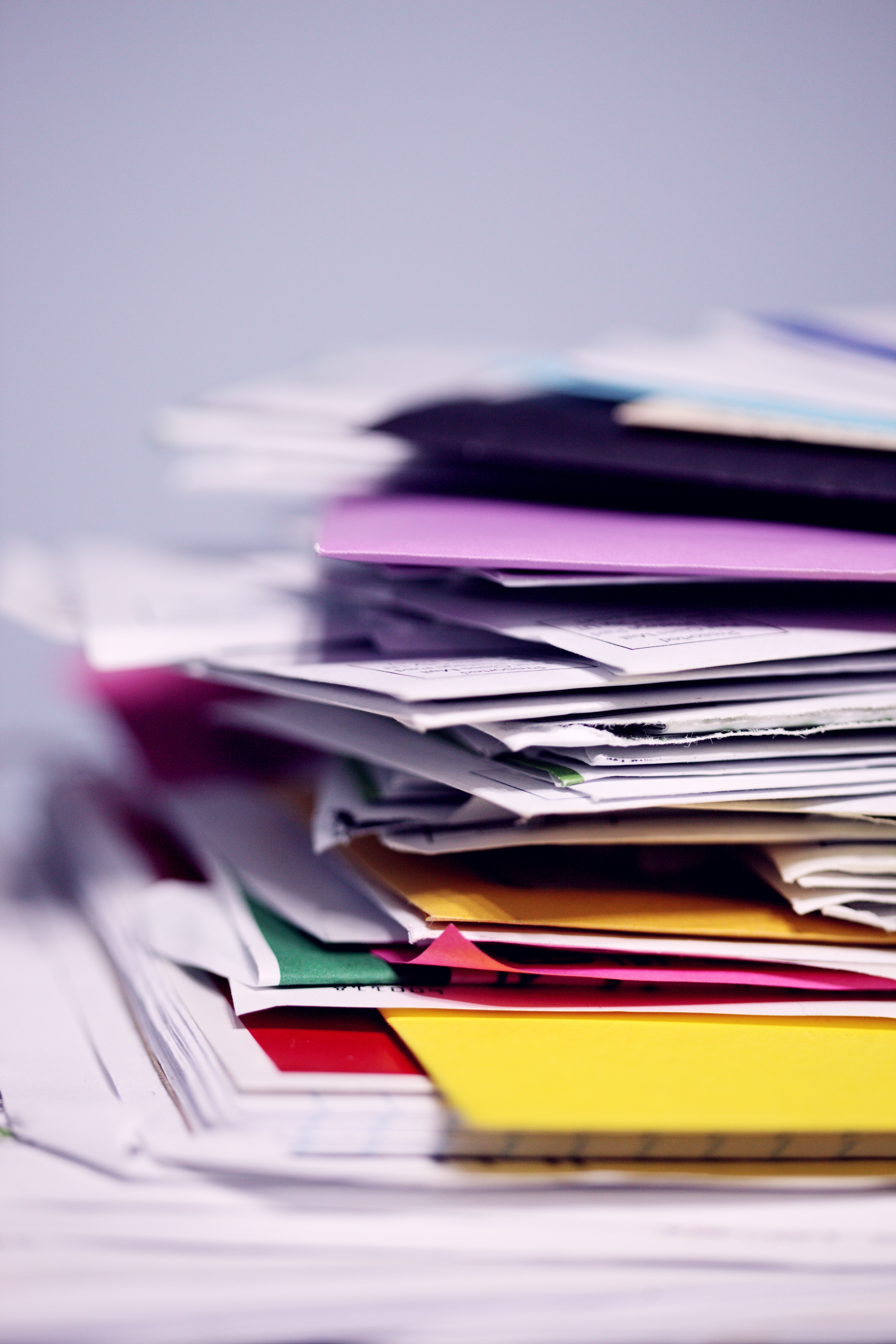
In the meantime, take a deep breath, grab a pen, and let’s get this sorted. Get a trash can and start tossing any obvious junk like old receipts or outdated letters. Sort the remaining papers into categories like bills, important documents, and reference materials. Use folders or trays to keep each category separate and label them for easy access.
Set up a regular schedule to go through and shred any papers you no longer need. With a little bit of effort and organization, you’ll have a clutter-free workspace in no time.
Emotional Attachment
Inability to Let Go
It’s common to develop emotional attachments to our belongings, especially those with sentimental value. However, when these attachments become so strong that we can’t bear to part with possessions, they can become a sign that we own too much stuff.
Have you ever found yourself struggling to get rid of an item, even though you haven’t used it in years? Perhaps it’s a shirt that doesn’t fit anymore, or an old book that you know you’ll never read again. This inability to let go of possessions can be a sign that you’re emotionally attached to them.
There are many reasons why we might struggle to let go of our belongings. We might worry that we’ll regret getting rid of something later, or that we’ll be throwing away something that could have value in the future. We might also feel guilty about getting rid of something that was a gift or has sentimental value.
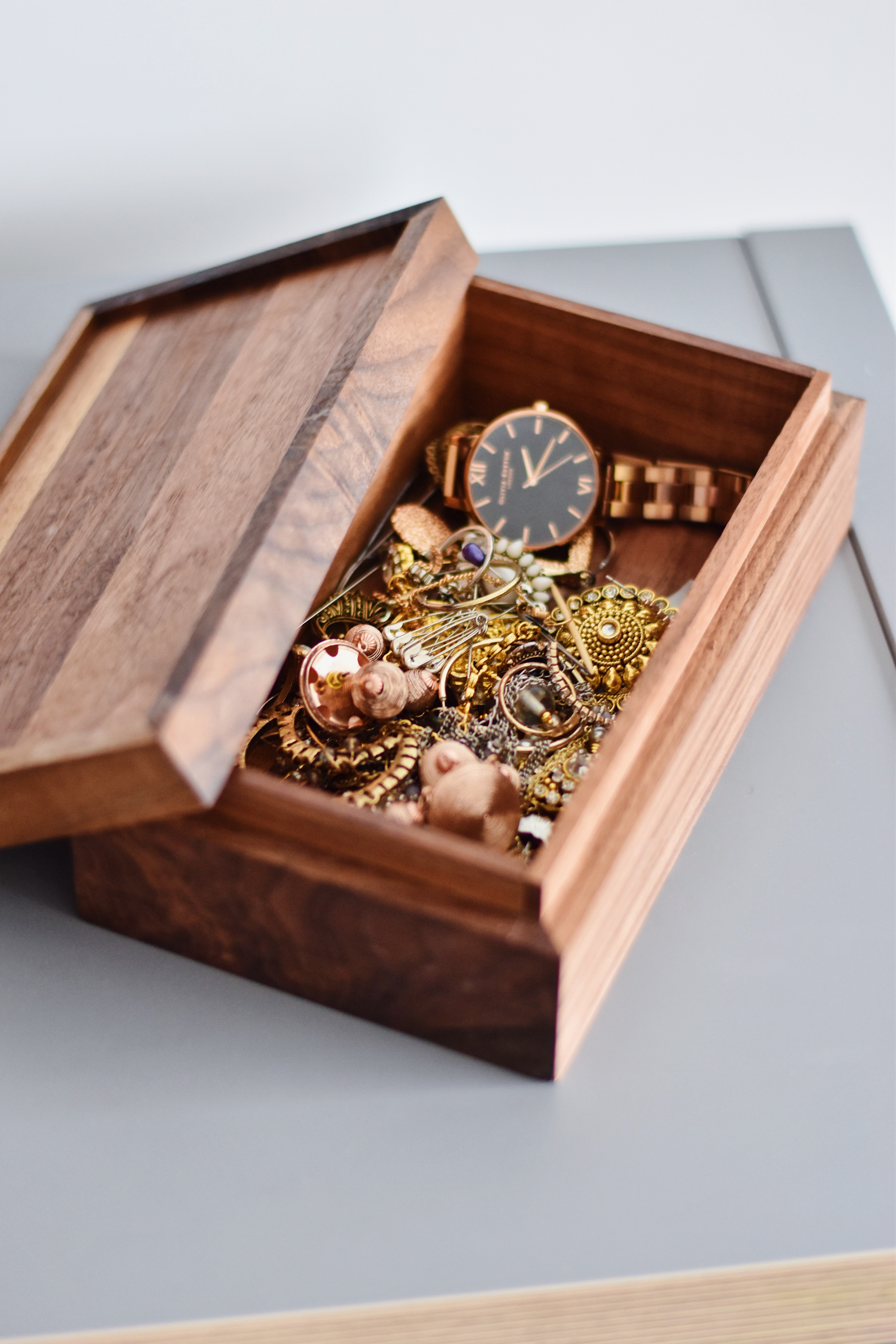
However, when we’re holding onto things that we don’t need or use, we’re cluttering up our living spaces and making it harder to find the things we do need. Learning to let go of possessions that no longer serve us can be a liberating experience.
Memories Tied to Objects
“The reason many people in our society are miserable, sick, and highly stressed is because of an unhealthy attachment to things they don’t even need.”
― Steve Maraboli
Many of us have possessions that are tied to memories. Perhaps it’s a photo album that reminds us of a happy time in our lives, or a piece of jewelry that was passed down from a loved one. While it’s natural to feel attached to these items, it’s important to recognize when we’re holding onto things simply because of the memories they evoke.
Memories don’t have to be tied to physical objects. While it’s nice to have reminders of happy times, we shouldn’t let our possessions define our memories. Instead, try taking photos of sentimental items and storing them digitally. Or consider donating the item to someone who will appreciate it as much as you did.
Overall, emotional attachment to our belongings can be a sign that we own too much stuff. While it’s important to hold onto items that bring us joy and serve a purpose in our lives, we should also be willing to let go of things that are cluttering up our space and holding us back.
Financial Stress
Difficulty Paying Bills
When you own too much stuff, it can lead to financial stress, which can make it difficult to pay your bills. You might find that you are struggling to make ends meet and are constantly worried about money. This is because owning too many things can lead to overspending, which can then lead to debt.

No Room for Savings
Another sign that you own too much stuff is when you find that you have no room for savings. When you are constantly buying things, you are not setting money aside for emergencies or for your future. This can leave you in a precarious financial situation, where you have no safety net to fall back on in case of an emergency.
“Financial peace isn’t the acquisition of stuff. It’s learning to live on less than you make, so you can give money back and have money to invest. You can’t win until you do this.” — Dave Ramsey
Financial stress is a common sign that you might be owning too much stuff. If you find that you are struggling to pay your bills or have no room for savings, it might be time to reassess your spending habits and consider downsizing your possessions.
Social Isolation
Embarrassment to Have Visitors
When you own too much stuff, it can be difficult to maintain a clean and organized home. This can lead to embarrassment and shame when inviting others over to your space. You may feel hesitant to have visitors because of the clutter, mess, and lack of space to socialize.
Not having a welcoming home that you can be proud of can lead to missed opportunities for socializing and connecting with others. It can also lead to feelings of loneliness, as you may feel disconnected from the people around you.
Lack of Space to Socialize
Another sign that you may own too much stuff is when you don’t have enough space to socialize comfortably. This can be especially true in smaller living spaces where every inch counts.

When you have too much stuff, it can be difficult to find a place to sit or even walk around. This can make it challenging to have friends and family over for social events or even just to hang out and relax.
Having a clutter-free and spacious home can help alleviate feelings of social isolation and allow you to enjoy the company of others in a comfortable and welcoming environment.
Time Management
Do you feel like there are never enough hours in the day? Are you constantly running late or missing appointments? These could be signs that you own too much stuff. Here are a couple of ways that owning too many possessions can impact your time management skills.
Difficulty Finding Things
When you own a lot of stuff, it can be hard to keep track of everything. You may find yourself spending hours searching for a single item, like your car keys or your husband’s favorite recipe. This not only wastes time, but it can also cause stress and frustration.
One way to combat this issue is to organize your belongings as you declutter your home. Get rid of items that you no longer need or use and organize the things that you decide to keep. This will make it easier to find what you need when you need it, allowing you to spend less time searching and more time doing the things that are important to you.
Time Spent Organizing
Another way that owning too much stuff can impact your time management is by taking up valuable time that could be spent on other activities. When you have a lot of possessions, it can be difficult to keep everything organized. You may find yourself spending hours each week cleaning, sorting, and putting things away.
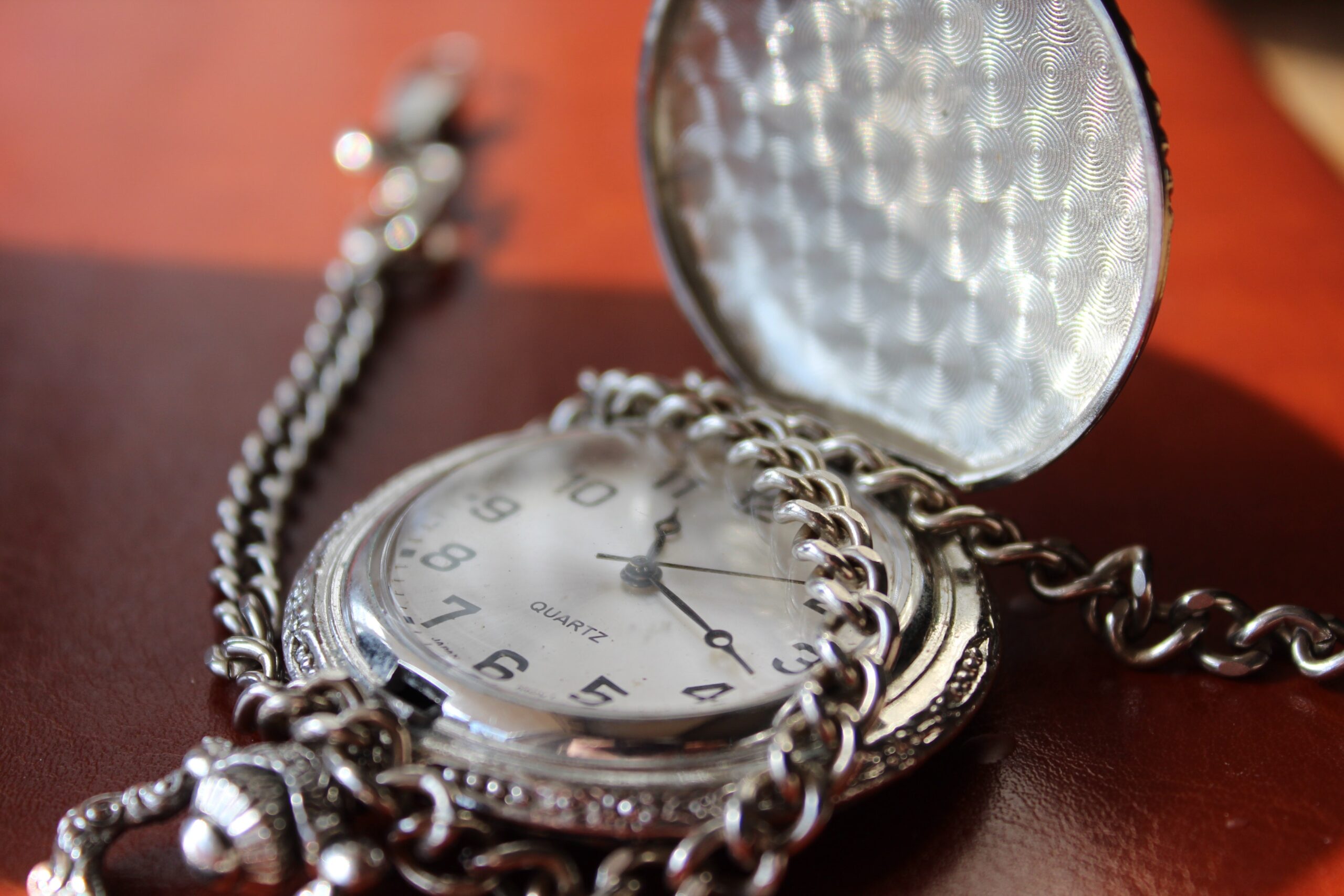
While it’s important to keep your home clean and tidy, it’s also important to remember that time is a precious commodity. Instead of spending all your free time organizing your possessions, consider simplifying your life.
This could mean downsizing your home, buying fewer things, or finding ways to reduce clutter in your current space. By doing so, you’ll free up more time to spend on the things that truly matter to you.
It’s Never too Late to get Started
If you’re feeling overwhelmed by the amount of stuff in your life, know that you’re not alone. Many people struggle with clutter and the feeling of being suffocated by their possessions. But by recognizing the signs that you own too much stuff, and taking action to simplify, you can create a more balanced and joyful life. Remember, it’s not about how much you own, but how much joy and meaning your possessions bring to your life.

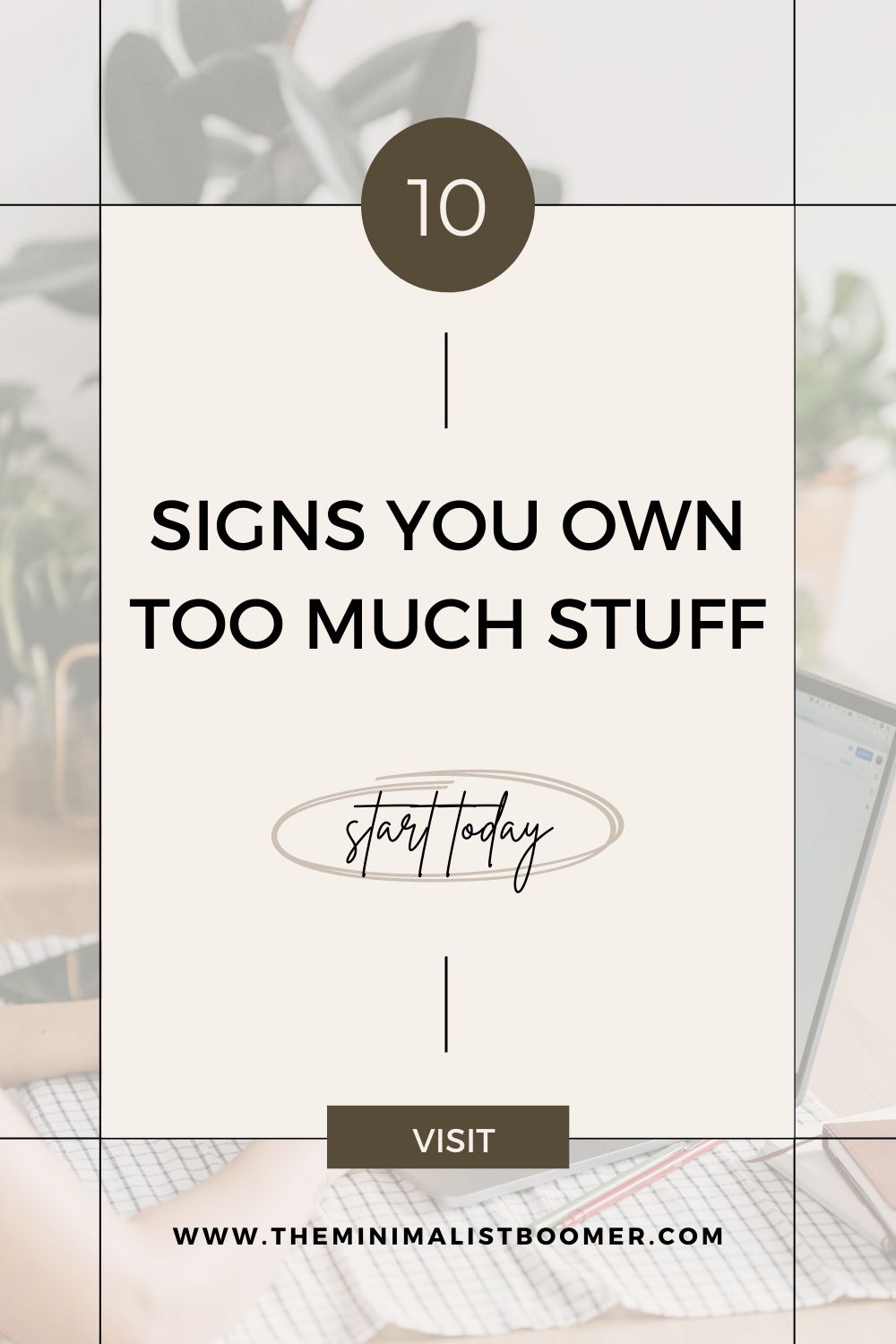


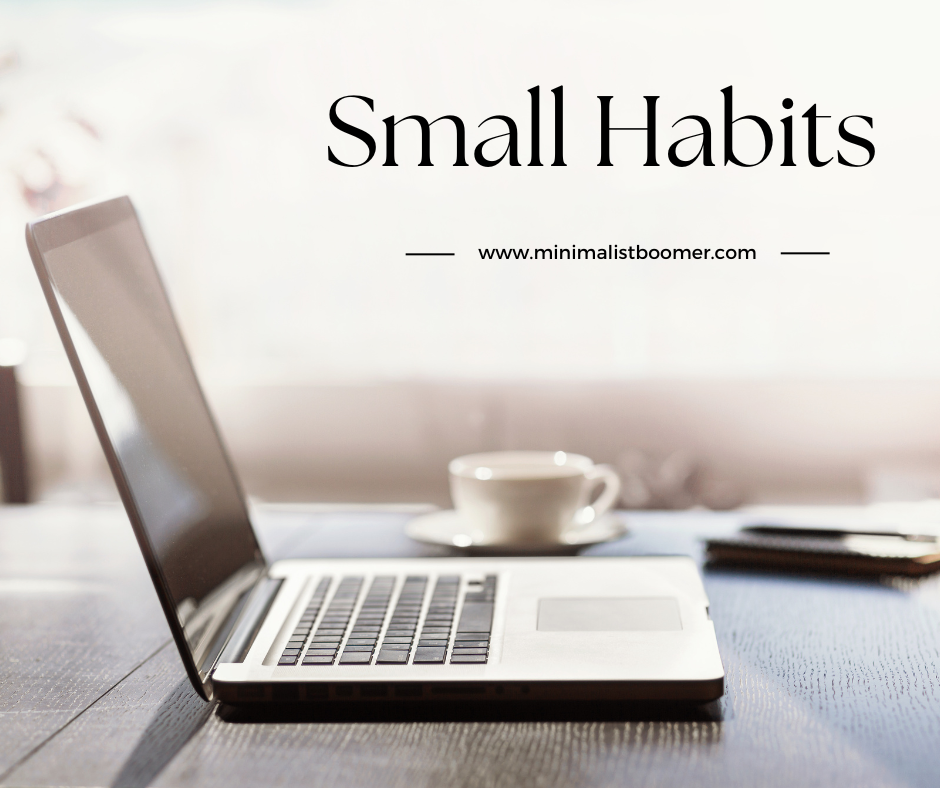
3 responses to “10 Telltale Signs Your Possessions Are Overwhelming Your Life”
[…] 10 Telltale Signs Your Possessions Are Overwhelming Your Life […]
This is really good. Thankfully, I don’t tick many of the boxes … but a few I do. Will have to ruminate on that.
Thank you Kathy!